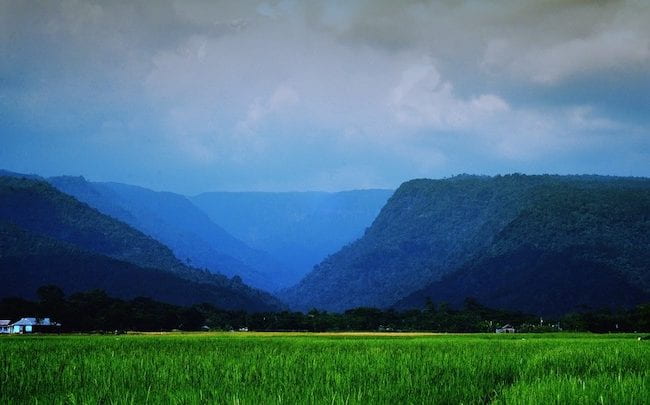Dec. 20, Jo Guldi, data scientist, historian and professor at SMU Dallas, for a piece critical of ineffective efforts to gain acceptance for laws and initiatives that could reduce the impact of climate change. Published in Inside Sources under the heading Without Accords, Goals to Curb Global Warming are Toothless: https://tinyurl.com/3w8c9uha
A month ago, COP 27 (the 2022 U.N. Climate Change Conference) had its last session. What did it accomplish? A fund was set up for rich countries to pay for climate-related disasters in poorer nations. But the basic answer to the question of what COP 27 accomplished, now as in previous years, is still this: not much.
No new climate targets were agreed on. Meanwhile, most nations fail to meet the climate targets they agreed on in 2021. At COP 27, representatives at the congress released statements praising the potential of the renewables sector, essentially engaging in public prayer that the invisible hand of the market will present a solution. They frittered away a long and expensive opportunity for states to do something.
Continue reading “Without Accords, Goals to Curb Global Warming are Toothless”



